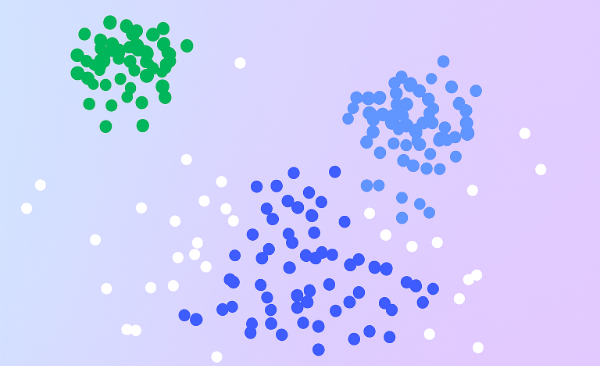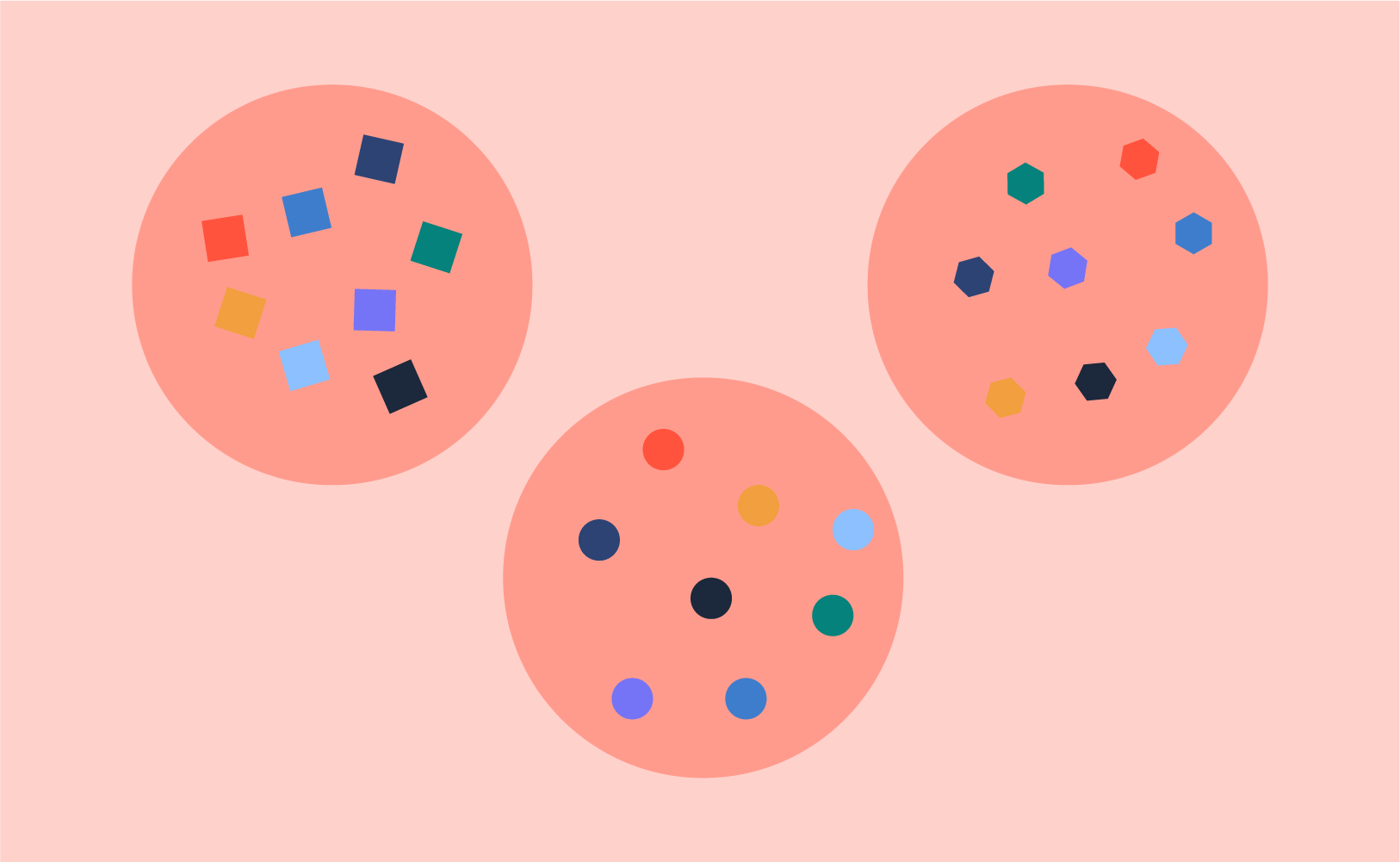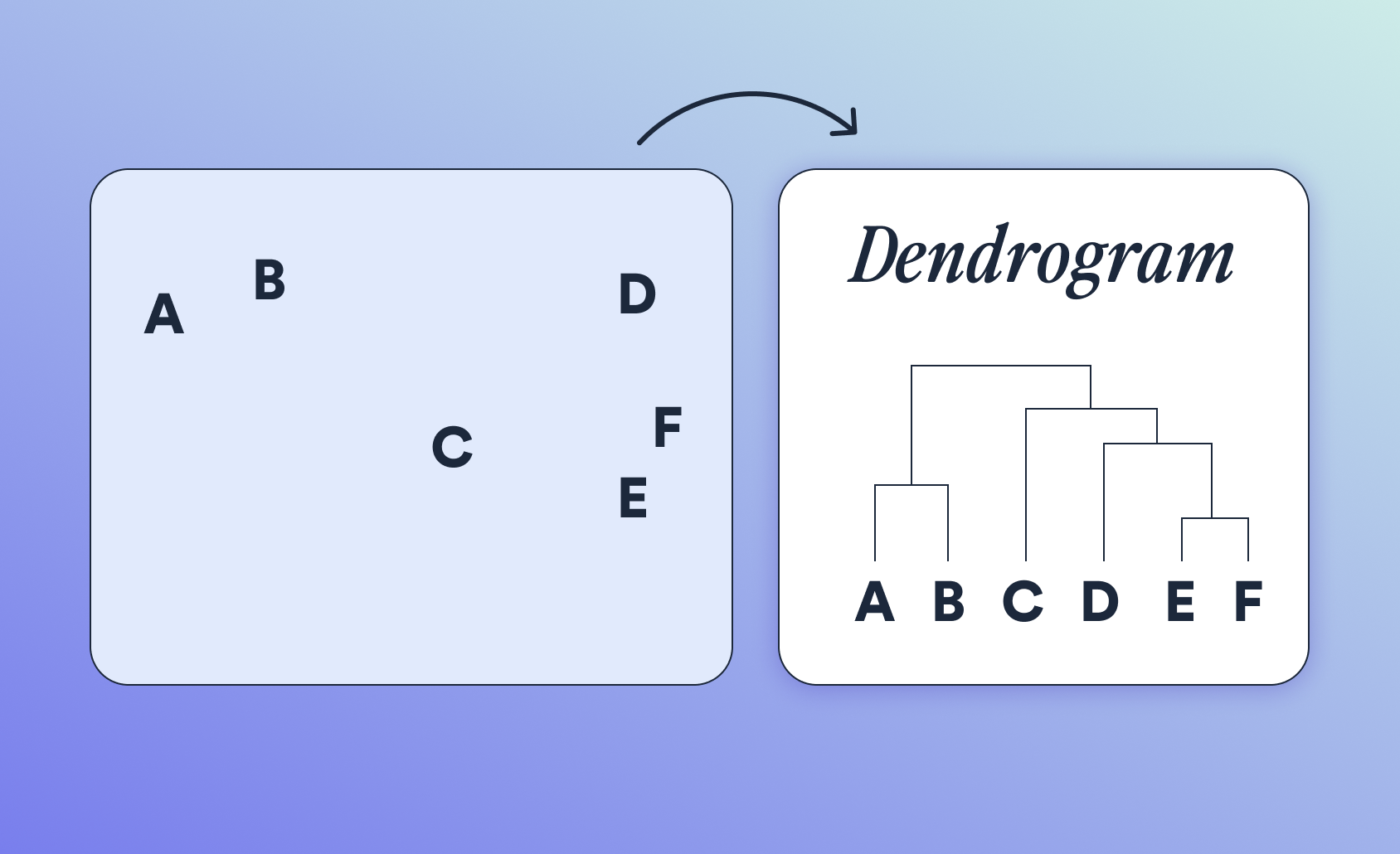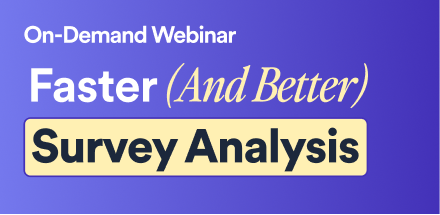Segmentation.

Learn about AI clustering and its advantages over traditional clustering methods in analyzing unstructured text data.
Continue reading

Market segmentation involves splitting a market into segments and developing different tactics and strategies for the segments.
Continue reading

A dendrogram is a diagram that shows the hierarchical relationship between objects, often created as an output from hierarchical clustering. Read more.
Continue reading

Cluster analysis techniques require users to specify the number of clusters that they require. Six classes of approaches to choosing the number of clusters:
Continue reading

Market segmentation research is research that is used to help a firm identify segments in a market, with the end goal of developing different strategies.
Continue reading

Explore k-means cluster analysis and learn how to group similar cases effectively for better insights in your data.
Continue reading

Market segmentation typically involves forming groups of similar people. Segmentation variables are characteristics used to determine if they are similar.
Continue reading

Explore effective segmentation tools to enhance your market analysis and efficiency in forming valuable segments.
Continue reading

Explore how to identify the right segmentation variables for effective market segmentation strategies and decision-making.
Continue reading

Understand operational segmentation and its role in guiding daily business operations and customer interactions.
Continue reading

This post describes how to apply the three standard ways of scaling (transforming) rating scales data prior to using cluster analysis and other algorithms for…
Continue reading

When segmenting a market, a practical challenge is to work out the number of segments. There are eight approaches to choosing the number of segments.
Continue reading

Latent class analysis requires the analyst to specify the number of classes prior to the application of the technique. Learn more about the seven approaches
Continue reading

A practical challenge when working out how to segment is that there are usually lots of possible variables, and you need to reduce that number.
Continue reading

Golden questions are used to allocate people to segments. They are also known as self-selection questions. The main applications of golden questions are:
Continue reading

This page lists the key frameworks and processes for identifying relevant variables to use when segmenting a market. The best way to identify relevant
Continue reading
